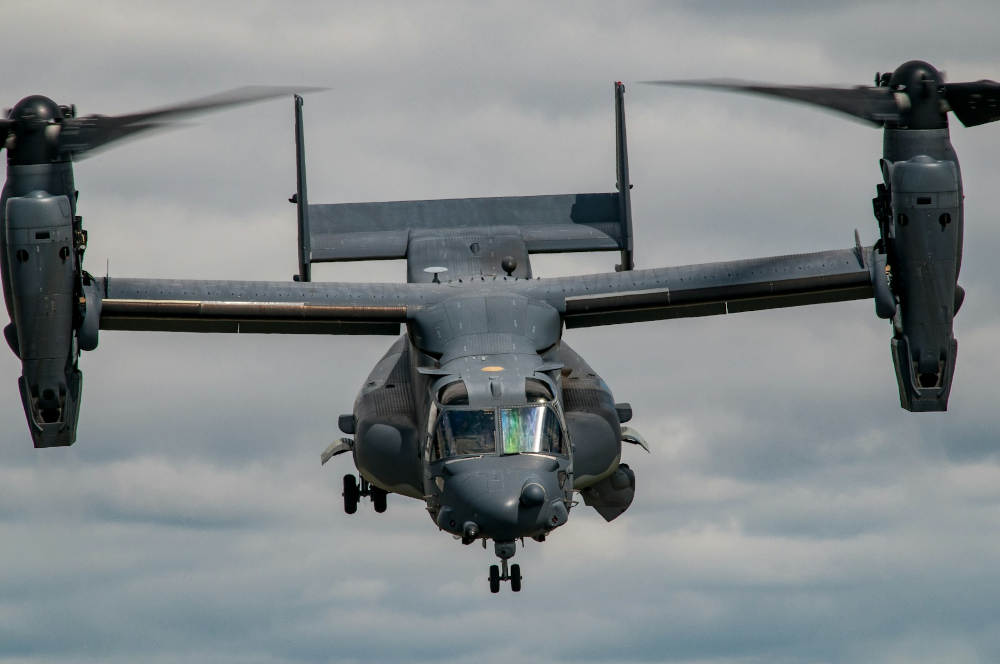
In an action that has stirred both national and international debate, the United States under President Donald Trump's second term has escalated its military presence at the southern border with Mexico. This deployment, aimed at curbing illegal immigration, has been one of the most significant policy moves since Trump's re-election. Here, we delve into the details of this operation, its legality, the public's reaction, and the broader implications for U.S. domestic and foreign policy.
Background of Military Deployment
Since taking office again in January 2025, President Trump has made immigration a cornerstone of his administration's policy, echoing his first term's focus but with even more aggressive measures. On January 21, 2025, Trump signed executive orders declaring a national emergency at the southern border, thereby justifying the use of the military for border security. This move was part of a broader set of actions aimed at tightening immigration controls, including ending "catch and release," reinstating the "Remain in Mexico" policy, and designating drug cartels as foreign terrorist organizations.
Details of the Deployment
The U.S. military began deploying 1,500 active-duty troops to the southern border, working alongside already stationed National Guard members and border patrol agents. These personnel are primarily tasked with logistical support roles rather than direct law enforcement, focusing on transportation, administrative duties, narcotics detection, data entry, and warehouse support. However, there is a clear directive for the military to aid in "obtaining complete operational control" of the border, which includes support in erecting physical barriers and engaging in surveillance operations.
The deployment has been framed as a response to what Trump described as an "invasion," though official data and statements from border security officials suggest that illegal crossings have actually decreased in recent months. This discrepancy has fueled debates on the necessity and effectiveness of such military involvement.
Legal Implications
The legal framework allowing for military involvement in border security is complex. The Posse Comitatus Act generally prohibits the use of military personnel in domestic law enforcement, but exceptions exist, particularly under the guise of national defense or when a national emergency is declared. Trump's executive orders have invoked these exceptions, focusing on the military's role in homeland defense rather than direct policing. Critics argue that this blurs the line between military and civilian roles, potentially setting a precedent for future uses of military power within U.S. borders.
Moreover, there's speculation about the potential invocation of the Insurrection Act, which would allow for even more direct military involvement in civilian affairs, though no such action has been officially confirmed.
Public and Political Reaction
Public opinion on the military deployment is polarized. Supporters of Trump's policies see this as a strong measure to secure the nation's borders, aligning with campaign promises. Posts on X reflect a sentiment of victory among some Americans, viewing the deployment as a restoration of border control. However, there's significant opposition from civil rights groups, Democrats, and some Republicans who are concerned about the militarization of immigration enforcement, potential human rights violations, and the diversion of military resources from other national security priorities.
International and Diplomatic Consequences
Internationally, the deployment has drawn criticism, particularly from Mexico and other Latin American countries. Mexico has been under pressure to cooperate with U.S. policies more stringently, with incidents of U.S. military aircraft deporting migrants directly to countries like Guatemala raising diplomatic tensions.
The U.S.'s approach also impacts its relations with South American countries, as threats of tariffs or other economic measures have been used to negotiate deportation agreements, as seen with Colombia recently. This strategy of economic coercion could have long-term effects on U.S. relations in the region, potentially fostering anti-U.S. sentiment.
Operational Challenges and Humanitarian Concerns
Operationally, the military's presence at the border faces logistical challenges, including the need for extensive coordination with civilian agencies like Customs and Border Protection. There are also humanitarian concerns regarding the treatment of migrants, with reports of military involvement in deportation flights raising questions about the rights and dignity of those being expelled from the U.S.
Additionally, the use of military bases for potential migrant detention has been brought up, echoing past controversies where military installations were used for similar purposes, like during the Mariel boatlift or post-Kabul evacuations.
Conclusion
The deployment of U.S. military forces to the southern border in 2025 under Trump's administration marks a significant escalation in the approach to immigration enforcement. While legally framed within the context of national defense and emergency powers, the move has ignited a firestorm of debate over its implications for civil liberties, military roles, and U.S. foreign policy. As the operation unfolds, the balance between national security, humanitarian considerations, and international diplomacy will continue to be tested, shaping the discourse on immigration and border security for years to come.
This deployment not only highlights the administration's commitment to its immigration policy but also sets a tone for how future crises might be managed, potentially normalizing military involvement in what were traditionally civilian responsibilities. The coming months will be crucial in assessing the effectiveness, legality, and ethical ramifications of this strategic shift.
War dieser Artikel hilfreich für Sie? Bitte teilen Sie uns in den Kommentaren unten mit, was Ihnen gefallen oder nicht gefallen hat.
About the Author: Alex Assoune
Wogegen Wir Kämpfen
Weltweit-Konzerne produzieren in den ärmsten Ländern im Übermaß billige Produkte.
Fabriken mit Sweatshop-ähnlichen Bedingungen, die die Arbeiter unterbezahlt.
Medienkonglomerate, die unethische, nicht nachhaltige Produkte bewerben.
Schlechte Akteure fördern durch unbewusstes Verhalten den übermäßigen Konsum.
- - - -
Zum Glück haben wir unsere Unterstützer, darunter auch Sie.
Panaprium wird von Lesern wie Ihnen finanziert, die sich unserer Mission anschließen möchten, die Welt völlig umweltfreundlich zu gestalten.
Wenn Sie können, unterstützen Sie uns bitte monatlich. Die Einrichtung dauert weniger als eine Minute und Sie werden jeden Monat einen großen Beitrag leisten. Danke schön.































0 Kommentare